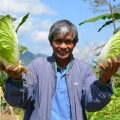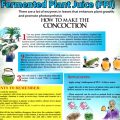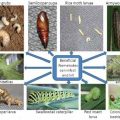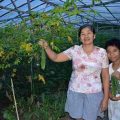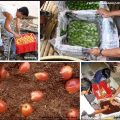In the recent years, organic produce has been gaining attention from the public for its nutritional benefits and being pesticide-free. However, the public must also realize that organic produce has its own set of potentials and limitations. While it is important to know the benefits of consuming organic produce, it is also equally important to learn its limitations to mitigate its negative effects and maximize its full potential.
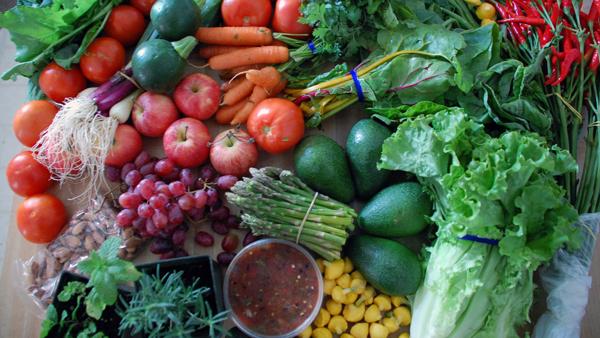
Limitations of organic produce
Just like how pesticide residue or contamination threatens the safety of conventionally-grown produce, microbial contamination is the threat to the safety of organically-grown produce. This is primarily due to the use of animal manure in organic production. More so, microbial contamination cannot just occur during the production stage but in every stage of the handling-distribution chain.
Organic produce has shorter shelf life as opposed to its conventionally-produced counterpart. Reduced shelf life negatively affects its marketability which could mean loss of income for farmers and traders of organic produce.
Therefore, the challenge of the newly developing organic industry in the country is to deliver “organically-grown fruits and vegetables that have same safety, quality and shelf-life as their conventionally-grown counterpart,” said Dr. Dormita R. Del Carmen, university researcher, Postharvest Horticulture Training and Research Center-University of the Philippines Los Baños (PHTRCUPLB).
Efforts to improve organic produce
Dr. Del Carmen and funded by the Bureau of Agricultural Research, the research project aimed to develop technologies for maintaining the quality and ensuring safety of organically-grown fruits and vegetables during harvesting, postharvest handling, storage and marketing.
To do this, the research team of Dr. Del Carmen gathered baseline information on the supply chain, and on the consumer preferences and buying habits for organically-grown fruits and vegetables. They also identified critical points where quality is lost and microbial contamination occurs in harvest and postharvest handling chain, tested the efficacy of different sanitizers, and optimized other postharvest treatments for organically-grown produce. Using these information, they identified postharvest interventions and treatments to enhance the quality, ensure safety, and extend the shelf life of organic produce. These were then translated to information education and communication (IEC) materials (i.e. technical papers, posters, technical bulletin, extension flyers, and training manual). Training on proper postharvest handling was conducted and IEC materials were disseminated and shared with the organic practitioners, agricultural technicians, other researchers, and industry stakeholders.
In the same study, Dr. Del Carmen said that microbial contamination can be prevented by following the Sanitation and Standard Operating Procedures (SSOP) and Good Manufacturing Practices (GMP) in the Code of Practice for Organic Produce set by the Bureau of Agriculture and Fisheries Standards.
What’s in store for us?
Although organic farming has been institutionalized through the Republic Act No. 10068 (otherwise known as Organic Agriculture Act of 2010), the industry still faces many challenges (e.g. consumers’ preference for lower priced conventionally-grown fruits and vegetables, uncertainty of the supply and demand, etc.) according to Dr. Del Carmen.
Despite these challenges, organic farming has a lot of potential and benefits. Aside from the health and nutritional benefits of organic produce to the consumers, it also “benefits small and marginal farmers because the processes involved require external inputs,” as said by Senator Loren Legarda in the explanatory note for the then senate bill of Organic Agriculture Act of 2010. She also said that it could also support rural employment because it may be labor-intensive.
More so, she also mentioned that by adopting the then proposed measure, “the government adopts organic agriculture as a sustainable program that will redound to the economic benefits of farmers while ensuring the health of our people and sustainability of natural resources in our country.” ### by Rena S. Hermoso http://www.bar.gov.ph
———
Contact details: Dr. Dormita R. del Carmen University Researcher PHTRC-UPLB College, Los Baños, Laguna phone: (049) 536 3138 email: drdcarmen@yahoo.com or drdelcarmen2@up.edu.ph

